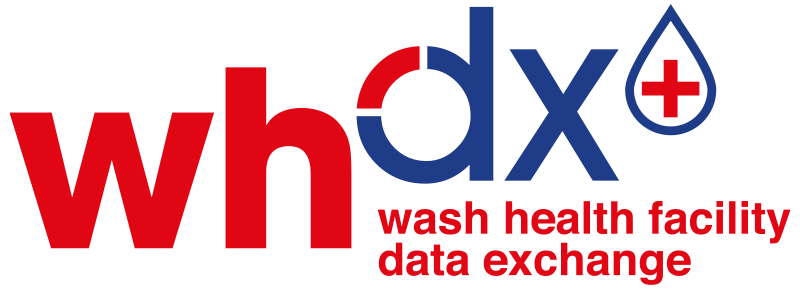Map image from Tonkolili showing investments made and WPdx recommendations.
A desktop study on the potential impact of data use in Sierra Leone was completed by Global Water Challenge for Akvo in support of the Data to Decisions program. A brief summary of the study is shared below, and the full report can be viewed here.
Objective
A common hypothesis is that using evidence to inform decisions regarding placement and repair of water points will lead to more impactful investments compared with traditional methods which rely heavily on political pressures and assumptions. The objective of this desktop study is to determine how many additional people could have theoretically received water services (defined as access to a functional water point within a 1km radius) if decisions about water point investments used evidence-based decision-support tools rather than traditional approaches in Sierra Leone.
Approach
This study focused on analyzing the number of people reached with water point investments made during 2012 in 12 districts in Sierra Leone in comparison with the number who might have been reached if the investment decisions had been driven by evidence. Twelve districts were included in the analysis: Bombali, Bo, Bonthe, Kailahun, Kambia, Kenema, Koinadugu, Kono, Moyamba, Port Loko, Pujehun, and Tonkolili.
Data from water point investments made prior to 2012 were downloaded from the Water Point Data Exchange (WPdx) database to provide a baseline of the data which could have been used to inform decisions made in 2012. Data from investments made in 2012 were also downloaded for the 12 districts from the WPdx database. The majority of data was provided by the Ministry of Water Resources, with additional contributions from non-governmental organizations (NGOs) working in Sierra Leone.
Using the evaluation and repair priority methods, the number of people reached by water point installations and rehabilitations from twelve districts in Sierra Leone were analyzed and compared with the number of people which could have been reached based on recommendations from the (first generation) WPdx decision-support tools. The 2012 Sierra Leone dataset did not clearly differentiate between rehabilitations and new constructions.
Key Findings
From the available data, there were 1,561 water investments made in 2012, which reached a total of 28,556 people. Had WPdx data been available and used for making decisions on water investments in 2012, it would have been possible to reach nearly four times as many people with only about a third of the cost in water point investments. WPdx recommendations included 430 water point rehabilitation reaching 109,043 people. This is equivalent to a reduction in costs per-person reached from $54.66 to $3.94.
The full study is available here.
Acknowledgements
With appreciation to Angela Cotugno for her assistance with the GIS analysis and Daniel Siegel for his contributions to the development of the first generation of WPdx geospatial decision support tools.
*Please note the study utilized the first generation of WPdx decision tools which have since been updated, though utilize similar algorithms.
